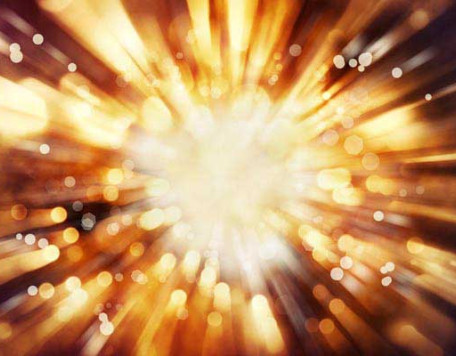© Pint of Science, 2025. All rights reserved.
How the Webb telescope changed our view on galaxies in the distant universe
Jens Melinder
(Researcher)
I will present amazing images and scientific discoveries made with the James Webb space telescope during the first 2 years of operation on the topic extremely distant galaxies. Some of these galaxies sent out their light more than 13 billion years ago, making them probes of the Universe just after Big Bang, when the first stars started to form. During the first two years a number of surprising discoveries have been made, ranging from galaxies that form stars at an unprecedented pace to the finding of supermassive black holes in the early Universe where we previously believed there would be none. I will also give a quick introduction to the Webb telescope, and show why it has made such an impact.
We are made of star stuff - What does this actually mean and why should you care?
Seán Brennan
(Postdoctoral Researcher)
The famous astronomer Carl Sagan once said, "We are made of star-stuff". We expect little of our day-to-day lives to be influenced by stars, and yet our very existence and the universe are thanks to the strange physics that occurs on the inside of stars.
The physics that causes a star (like our Sun) to shine also produces the building blocks of life, like carbon and oxygen. These stars are millions of light-years away, and yet the same physics that cause a star to shine also causes them to die in dramatic supernova explosions.
In this talk, I will talk about how stars live and die, and how we may be able to watch a star explode in real-time.
The physics that causes a star (like our Sun) to shine also produces the building blocks of life, like carbon and oxygen. These stars are millions of light-years away, and yet the same physics that cause a star to shine also causes them to die in dramatic supernova explosions.
In this talk, I will talk about how stars live and die, and how we may be able to watch a star explode in real-time.
On the Nature of Time
Guilherme Franzmann
(Postdoctoral Researcher - Nordic Institute for Theoretical Physics)
Despite the success of Einstein's theory of gravity in explaining much of the cosmos, attempts to integrate it with quantum mechanics suggest a startling possibility: time might not even exist. How do we reconcile this with our everyday experiences? What barriers remain in fully grasping the nature of time? Come and help us unravel one of the biggest mysteries of our time!
Map data © OpenStreetMap contributors.
Other Movitz Pub events
2025-05-19
Our Society 2.0 - Apps, AI & Smart Sustainability
Movitz Pub
Tyska brinken 34 111 27 Stockholm, Sweden
2025-05-20
Hot Topics: Power, Pollution, & Permafrost
Movitz Pub
Tyska brinken 34 111 27 Stockholm, Sweden


